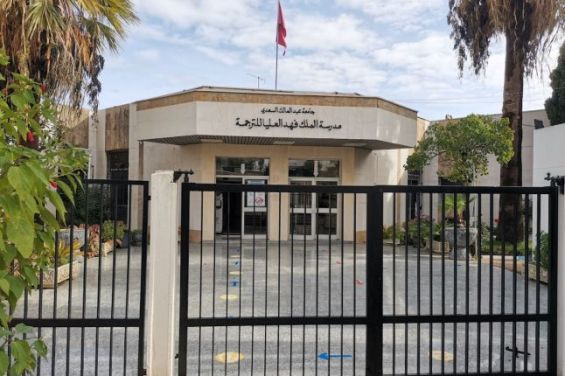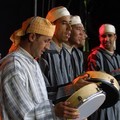The King Fahd School of Translation's announcement regarding applications for a new master's program in translation and interpretation has ignited controversy. In a move seen as «insensitive and disrespectful», the school referred to Tamazight, Morocco's official language alongside Arabic since 2011, as a «foreign language».
The announcement detailed that candidates would be tested in three areas: translation from Arabic to a «first foreign language (French, English, Spanish, German, or Amazigh)», translation from the «first foreign language» back to Arabic, or translation from a «second foreign language» (French or English) to Arabic.
This classification of Amazigh as foreign sparked outrage among activists, who denounced it as a «scandal», «absurd», and a blatant violation of the Moroccan constitution. Article 5 of the constitution clearly states that «Amazigh is also an official language of the state, a common asset for all Moroccans, without exception».
Many viewed the announcement as a direct assault on Moroccan identity and a provocation. They demanded accountability, enforcement of sanctions, and a public apology for this disregard of both citizens' sentiments and the official status of Amazigh.
Amazigh as part of a translation curriculum
Adding fuel to the fire, the local office of the National Syndicate for Global Education at the King Fahd School of Translation issued a separate statement. They expressed disapproval of two decisions: The attachment of the Arabic-Amazigh-French translation course to the English department without consultation, and the appointment of the deputy director in charge of pedagogical affairs to coordinate this course, without consulting the French department to which she belongs.
The office emphasized that the institution's pedagogical committee lacked the authority to make such decisions. They accused the director of fabricating the issue to push through the Arabic-Amazigh-French translation course.

In protest, the office announced a boycott of all meetings of the institution's council and committees. They reaffirmed the importance of Amazigh culture as a cornerstone of Moroccan society and culture. As a constitutionally recognized language and a national project, they «pledged their commitment to its success».
The situation escalated further when the union's local office was criticized for appearing hostile to the Amazigh language by refusing its inclusion in the curriculum.
This controversy comes just months after the King Fahd Higher School of Translation signed a partnership agreement with the Royal Institute for Amazigh Culture. The agreement aimed to expand the school's offerings and integrate Amazigh into its curriculum, aligning with the national plan to promote the official status of Amazigh.
Government reasserts commitment to Amazigh
Mustapha Baitas, Minister and Government Spokesperson, intervened to address the controversy. He firmly stated that the Amazigh language is an «indisputable» and «constitutionally resolved national issue».
Baitas highlighted the government's ongoing efforts to legalize Amazigh fully. He pointed to the significant increase in the number of Amazigh teachers and the allocation of additional financial resources to support the language. The government, he emphasized, considers the Amazigh language and culture to be fundamental to Moroccan identity.





 chargement...
chargement...













